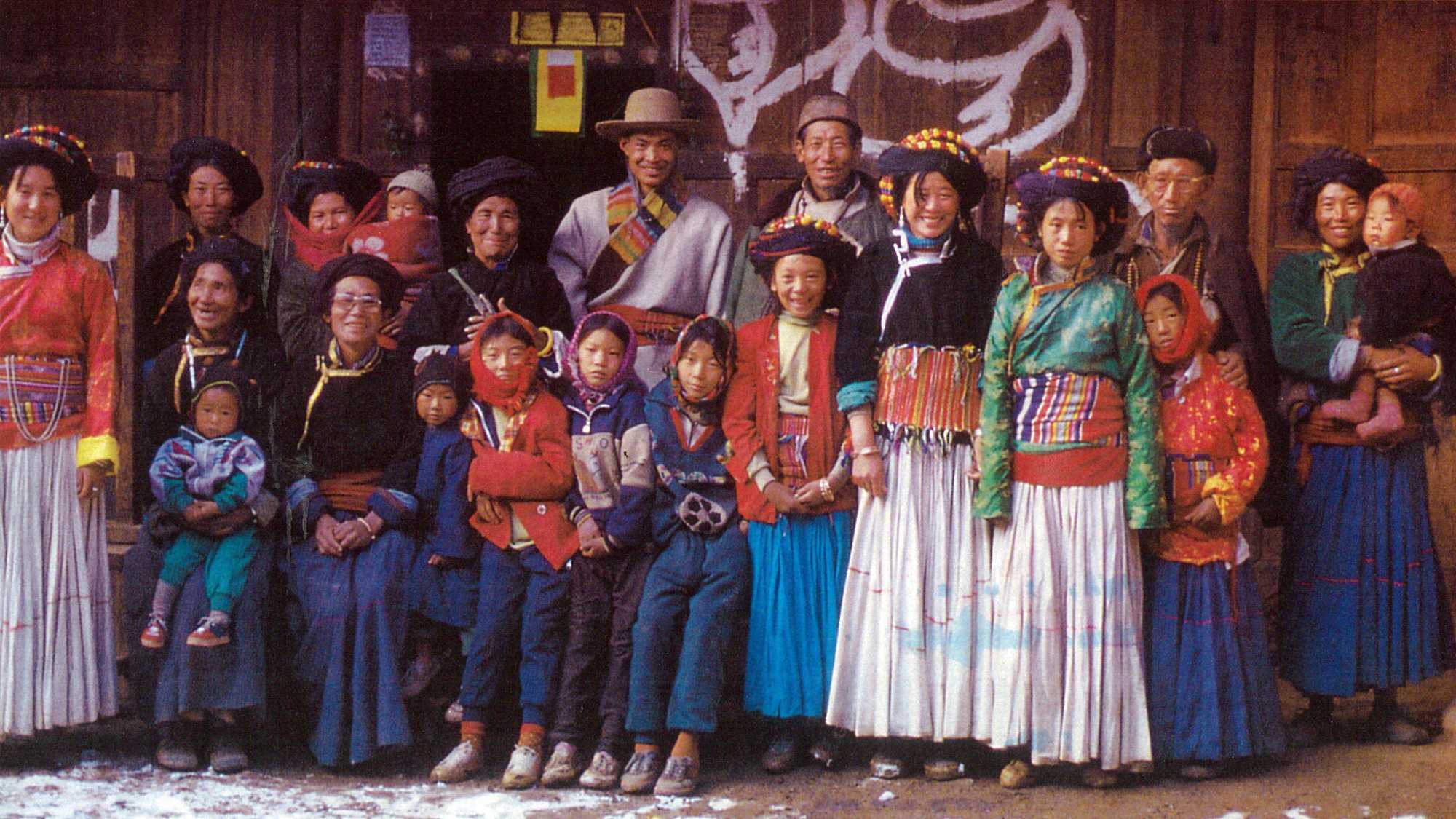
Screened as part of NZIFF 2001
Tisese: A Documentary on Three Mosuo Women 2001
This insightful video by former Hong Kong University Professor Dr Chow Wah Shan offers an intriguing investigation into the matrilineal society of the Mosuo tribe, a remote people who live in a basin surrounded by high mountains in Southwestern China. It examines the way in which the tribe views sex, marriage and gender relations. The majority of Mosuo adults practice a sui generis visiting system called tisese (literally ‘walking back and forth’) which differs from marriage in that it is noncontractual, nonobligatory and nonexclusive. This unique institution fulfils people’s needs for both procreation and sexual gratification.
It is common practice for two partners to work and eat at their own matrilineal household. The man visits the woman, stays with her overnight and goes back to his own household in the morning. Partners help out during busy farming times but otherwise stay in their mother’s household. The Mosuo follow the ideal that ultimate happiness in life is to live in peace and harmony with your kin. They live in grand households consisting of three or four generations of matrilineal blood relations. There is no ceremonial or social recognition of a tisese relationship. In Mosuo society relationships are not regarded as a commodity. One of the elders tells how he refused a dowry when his daughter married a Han man.
In the video Mosuo women of three generations tell their own stories. Dashilacuo (30) organises adult literary classes to stop Mosuo women from being tricked and exploited by outsiders. Ruakudadu (84), the head of her family contends that the matriarch is the hardest working and busiest in the household. We see her daily routine of cooking, looking after animals and wood chopping. She maintains that in Mosuo society there has never been a suicide or murder because of relationship problems. Cheilacuo, (21) nicknamed ‘Tomboy’, challenges sexual stereotypes by taking tourists horseback riding and challenging chauvinistic males to wrestling matches. Chow Wah Shan lived in the Mosuo mountain area for over a year and his video provides a deft observation of Mosuo culture and a unique look at a Shangri-La that is fast coming under threat from encroaching development in the form of cultural tourism. — MM